The role of video game performers—who do far more than “voice acting” in today’s world of performance capture—is often an unsung one, with only extremely prolific actors like Troy Baker managing to breach mainstream consciousness. Perhaps this is why execs seem so desperate to replace them with AI.
SAG-AFTRA, the union that oversees eligible video game actors, has been negotiating with big names in the industry for more than a year and a half, according to union president Fran Drescher. These negotiations were begun with the goal of implementing robust protections for actors to prevent abuse of AI by studios, including training models based on their voices without compensation or even replacing them with AI altogether. Discussions have evidently stalled, so SAG-AFTRA reached for the nuclear option: a strike with the potential to bring the entire industry to a halt.
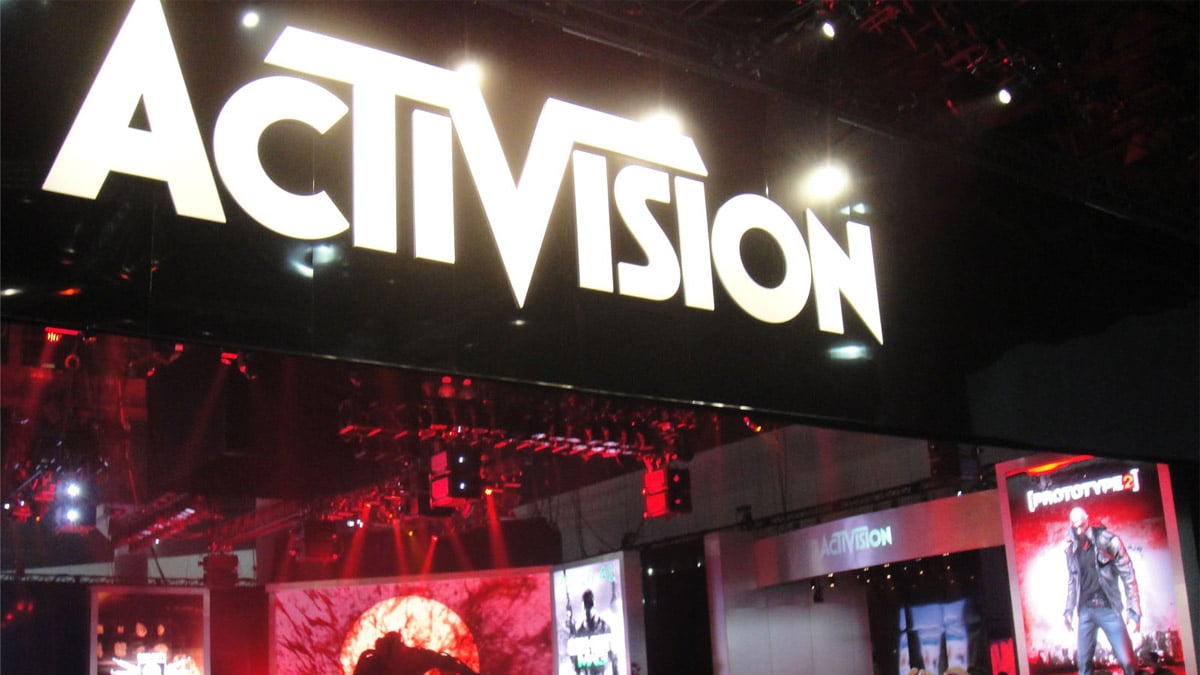
The strike was approved by a 98.32 percent vote among members and goes into effect tomorrow, July 26. Affected companies include some of the industry’s biggest names, like heavy hitters Activision-Blizzard, EA, Take-Two Interactive, WB Games, and even Disney. The message seems clear: if these companies won’t value their human actors, they can’t have them.
It’s no surprise the corporations are unwilling to come to the table on this specific issue, given the way generative AI has steadily begun to pervade other aspects of the game industry. Per Wired, AI is already commonly being used in studios like Activision, which employs it for everything from concept art to writing those user surveys you get emailed every so often. Activision is even selling AI-generated in-game assets for real-world money. In the eyes of the bottom-line-obsessed execs pushing for this kind of automation, why shouldn’t expensive indulgences like voice acting be next on the chopping block?
While the recent wave of layoffs facing the video game industry has a range of contributing factors, one undeniable catalyst has been the rise of AI in these aforementioned roles. If there’s a labor cost to be cut, it will be cut, and the concept artists and graphic artists left jobless as the industry begins to shift into this new AI-driven paradigm are likely only the tip of a large, foreboding iceberg. As AI seems to embed itself deeper and publishers like Steam lift restrictions on its use, it doesn’t seem entirely out of the realm of possibility that we’ll see our first completely AI-generated triple-A video game before long.
It’s hard not to root for the underdog, and it’s saying something that a union with more than 160,000 members nationwide is the underdog here. Even if SAG-AFTRA’s game actors aren’t in the booth, they’re still using their voices.


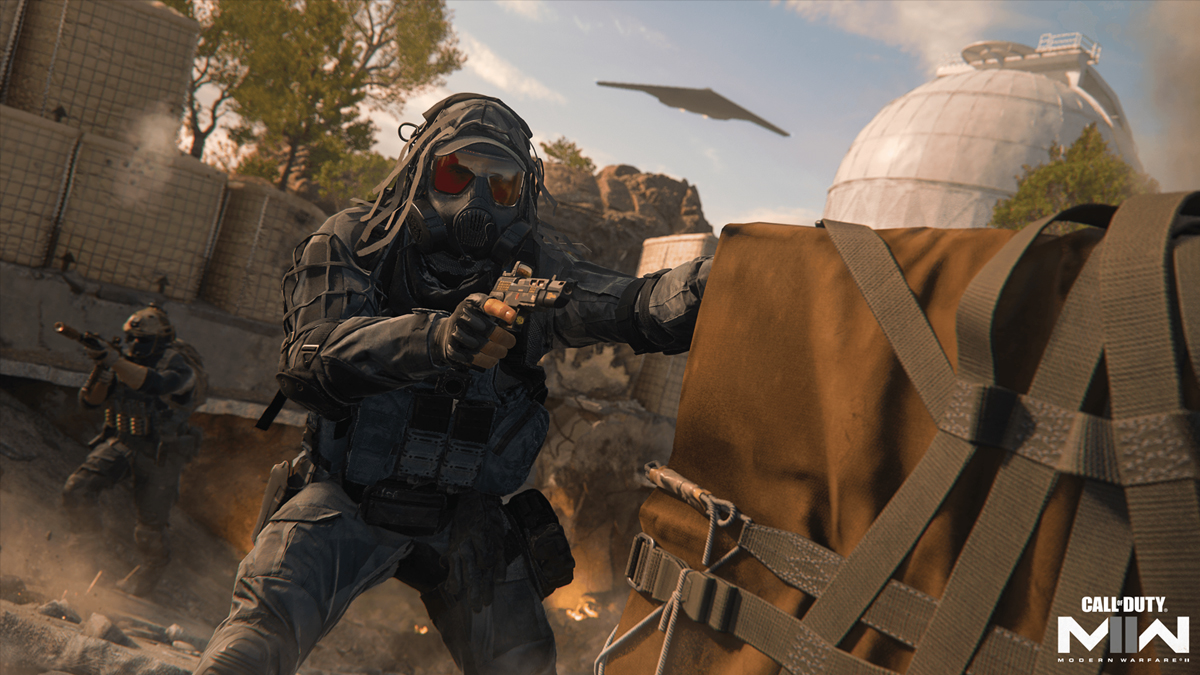
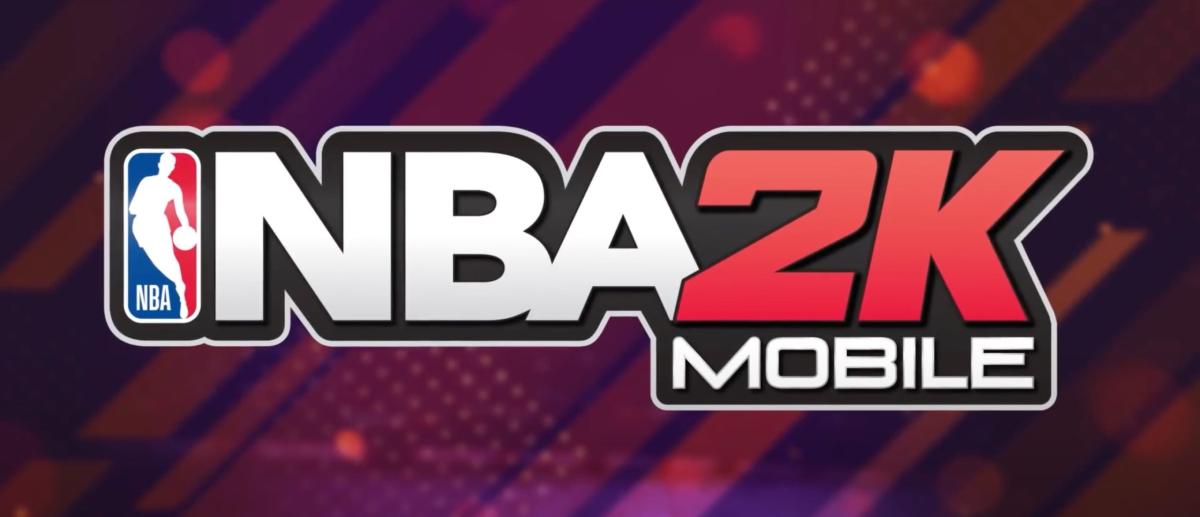
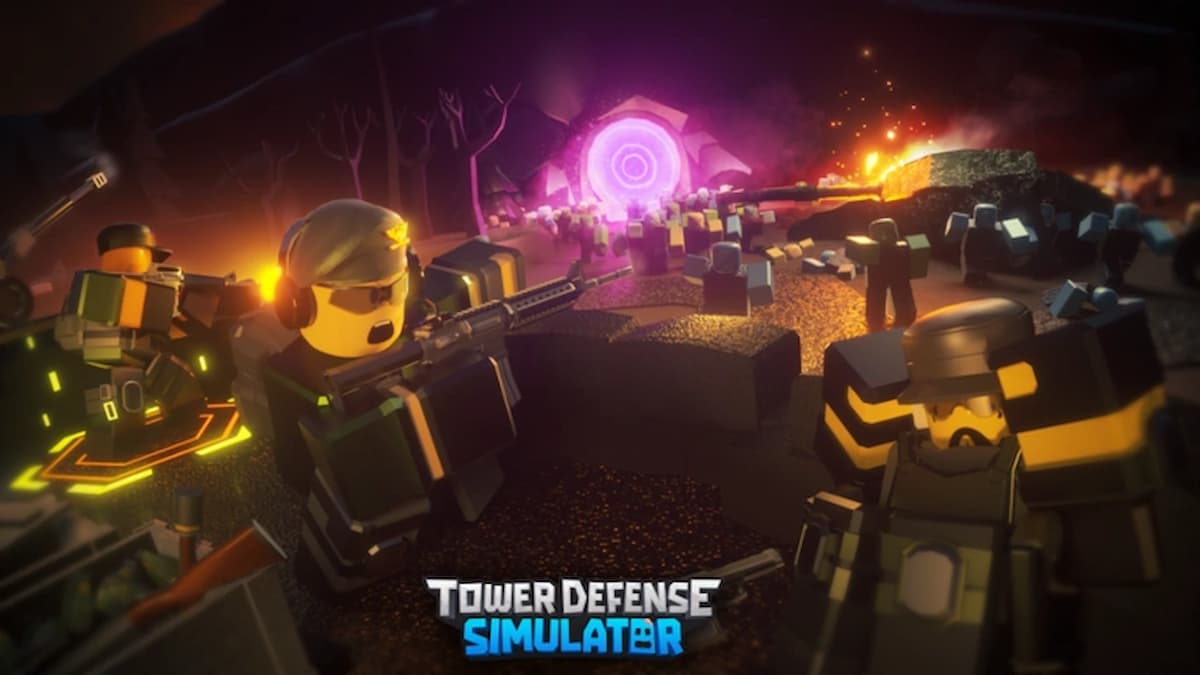
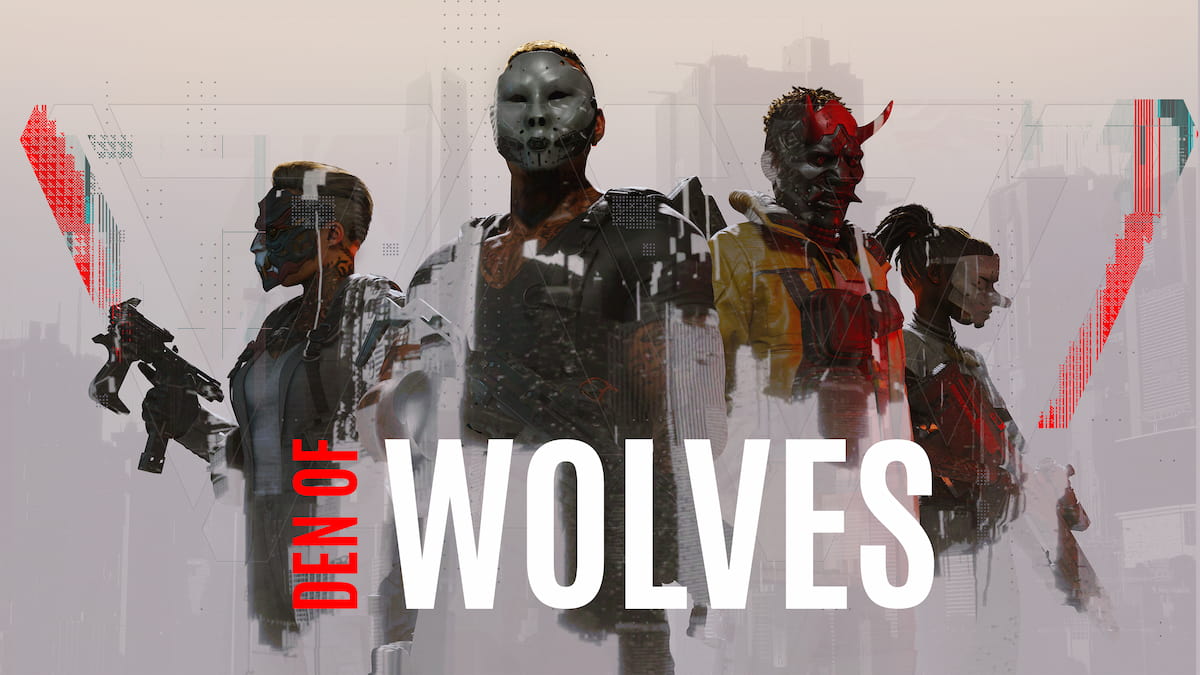
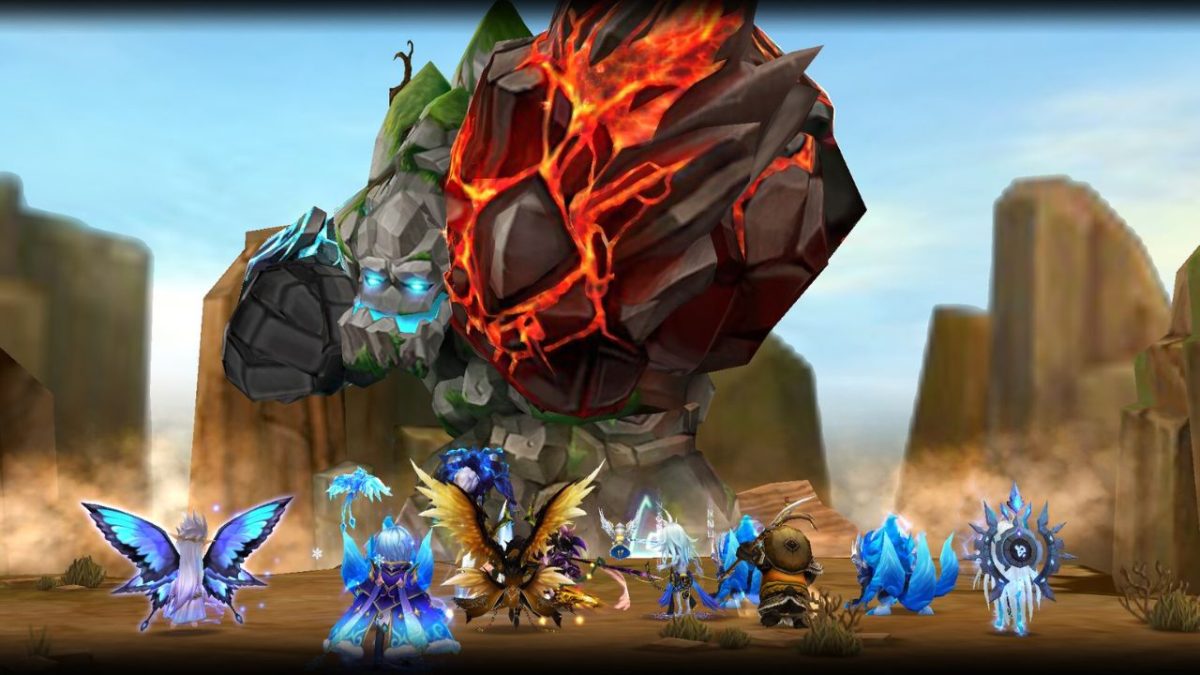

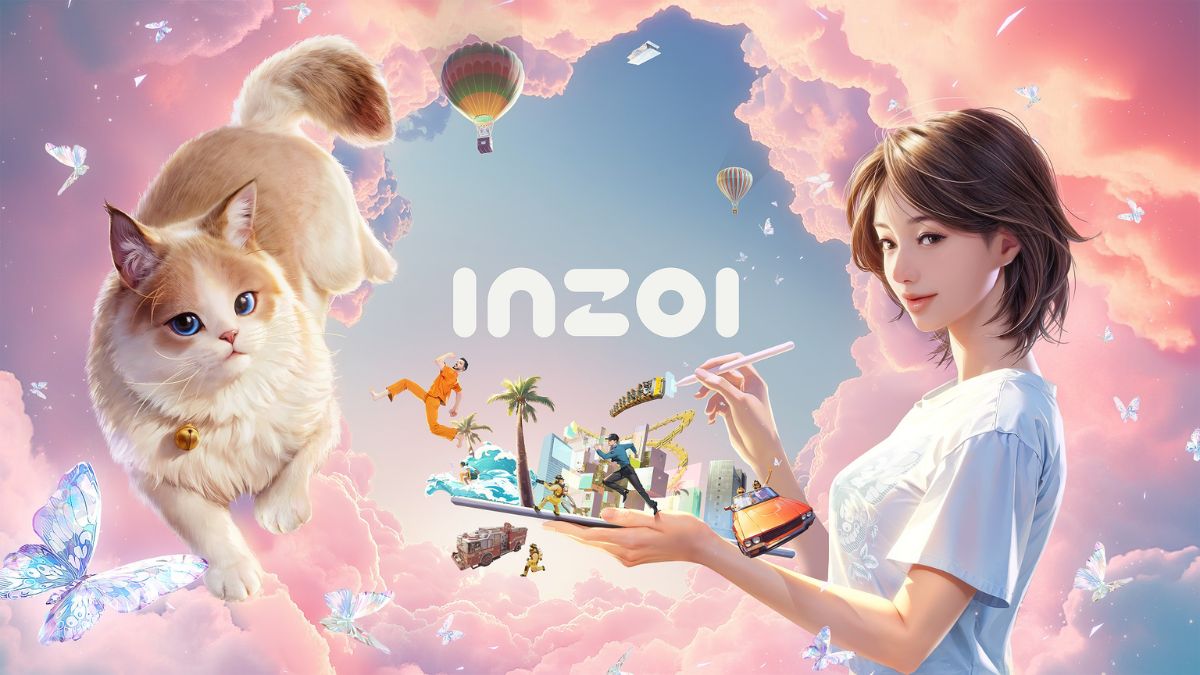
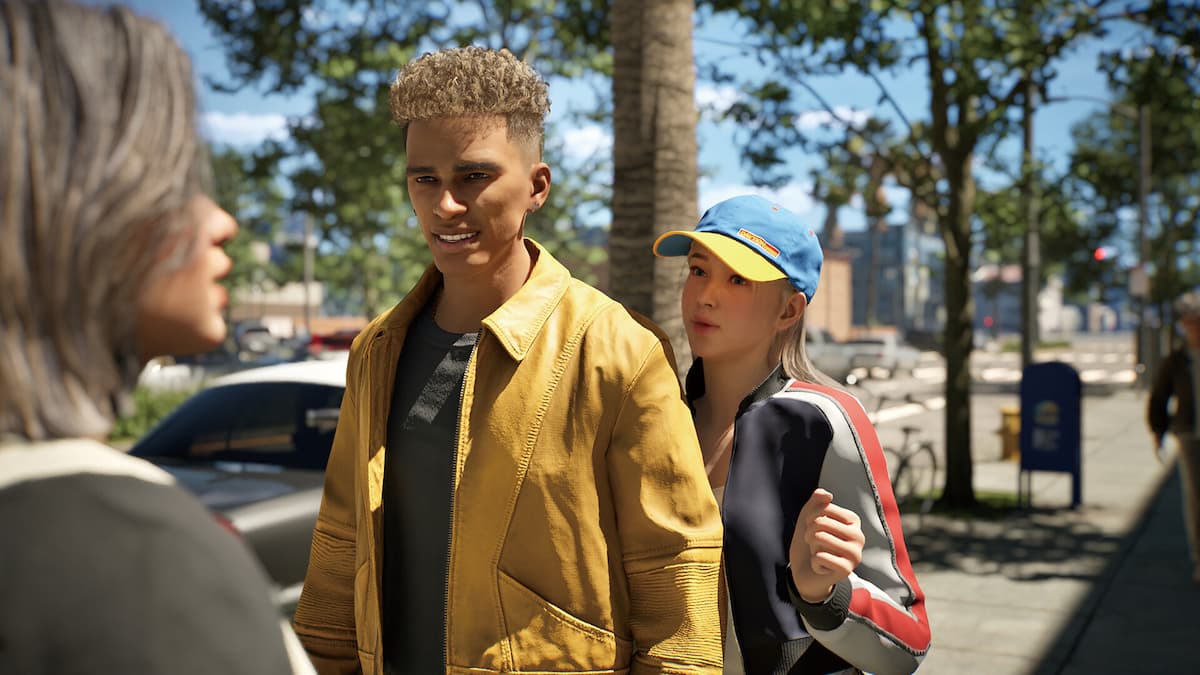
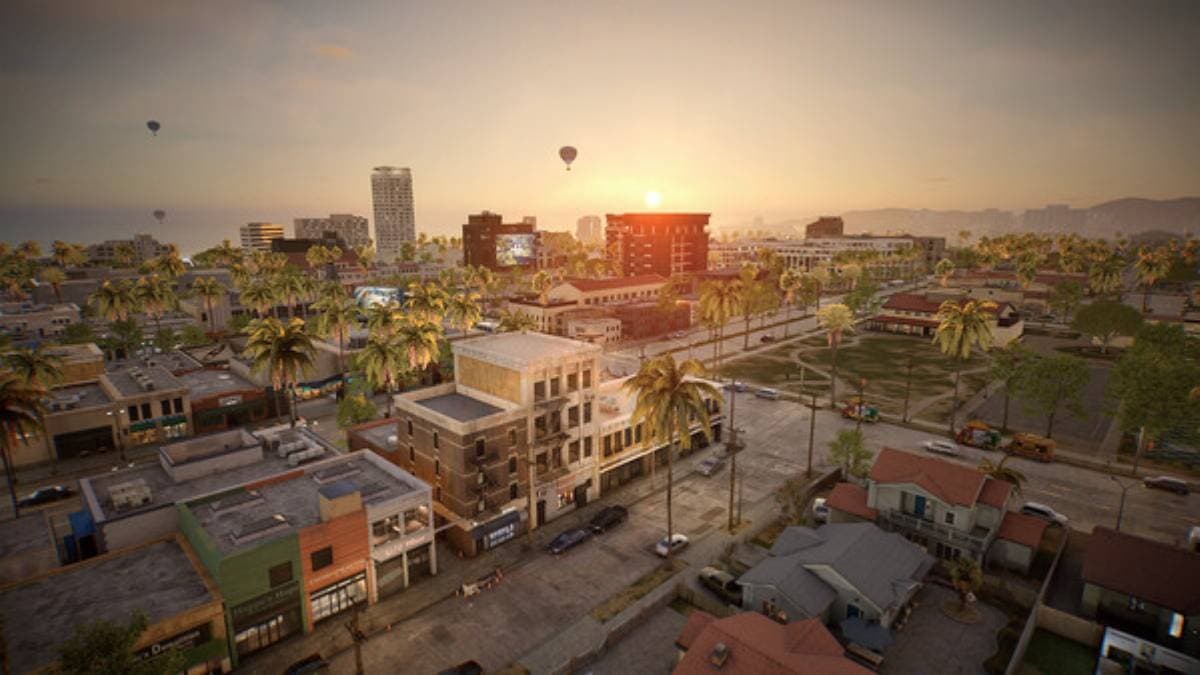
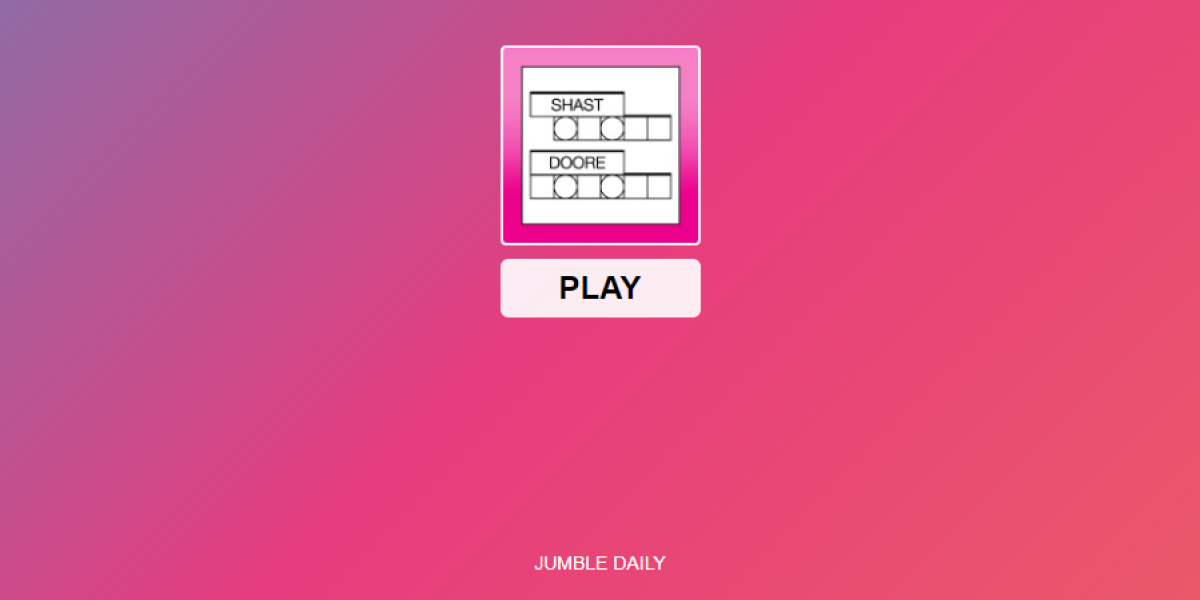

Published: Jul 25, 2024 03:14 pm